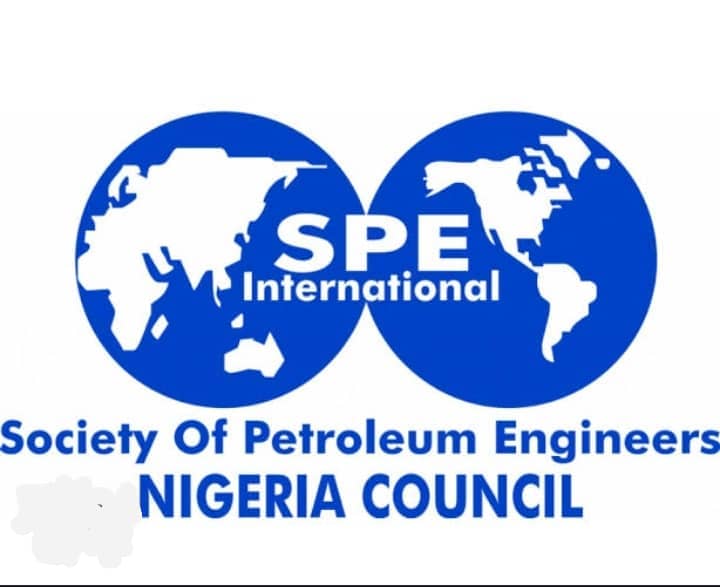Proposed PIA Amendment Poses Grave Legal Risks, Expert Says
PIA
By Emmanuella Anokam
An Expert, Mr Ben Ekori has cautioned the sponsors of the proposed amendment of the Petroleum Industry Act (PIA), saying the proposed provision would reintroduce uncertainty, counter production and present grave legal implications for Nigeria.
The News Agency of Nigeria (NAN) reports that Nigerians have raised concerns over the alleged ongoing moves to amend the PIA, passed in 2021 after decades of debate.
Ekori, a public affairs analyst, while reacting to the development said such a move would erode Investors’ confidence and occasion grave unintended consequences to the country and its citizens.
“That the news of the proposed PIA amendment has been in the public space for a week without denial could only mean that there could be some substance in it.
“While we await the confirmation of the news and its ultimate metamorphosis into a policy, it is pertinent to x-ray some provisions the proposed amendment appears to have been designed to bring about and their implications for Nigeria and its citizens.
“The proposed amendment which is alleged to be sponsored by the Ministry of Finance is designed with the objective of addressing the escalating fiscal leakages and revenue loss confronting the Federation.
“The reports also indicate that areas targeted for amendment include section eight which establishes the Nigerian Upstream Petroleum Regulatory Commission (NUPRC) as the body charged with the regulation of upstream operations.
“The amendment, according to the reports, will see the NUPRC replacing the NNPC Ltd. as the representative of the government in all model contracts attached to licenses and leases provided for in section 85,” he said.
He said that section 53 of the PIA was also slated for amendment to make the Ministry of Finance Incorporated (MOFI) the sole owner of the NNPC Ltd.’s shares as against the extant situation where the company’s shares are split 50:50 between MOFI and the Ministry of Petroleum Incorporated.
The expert, however, warned that the proposed amendment to make the NUPRC the concessionaire in place of the NNPC Ltd. would reintroduce uncertainty into the system, with NUPRC serving as a regulator and an operator at the same time.
“This would definitely lead to erosion of Investors’ confidence as it would be an over-stretch of the imagination to expect PSC partners to believe that they could get justice if a dispute broke out between them and the concessionaire (NUPRC) which is also the regulator.
“The sponsors of the amendment need to carefully consider the impact that this proposed provision will have on investors’ confidence and grave legal implications it will present.
“It will be counter-productive to introduce an amendment into a law that could totally negate what the law is fundamentally designed to achieve.
“With NNPC Ltd. serving as the concessionaire, the Federation is insulated from legal hazards, and there will be limits to liabilities from legal infractions.”
He further said the other proposed amendment that could have grave implications for the nation in general, and the national oil company in particular, was the provision that sought to transfer all the shares of the NNPC Ltd. to the MOFI.
According to him, the PIA provides for the NNPC Ltd. to commence a process of listing on the capital market as part of deepening its commercial focus.
He said transferring all the shares to one government entity at a time when activities should be in high gear for the company’s Initial Public Offering could create the impression that the government does not want to let the company go.
“The move has the potential of reversing the modest gain of having the company operate as a true limited liability company without direct government control or interference,” he added.
He said in trying to analyse the implications of the above proposed amendments to the PIA, it would be nice to understand what the situation was, prior to the passage of the PIA.
Ekori recalled that the President Olusegun Obasanjo’s administration set up the Oil and Gas Sector Reform Committee (OGSRC) in 2000 to look at why the industry was consistently not meeting revenue targets and recommend solutions.
He said amongst numerous observations of the committee were that some of the laws that governed the industry were not only obsolete but created uncertainty which made prospective investors wary of committing capital to further asset development projects.
The expert further said the work of the OGSRC laid the foundation for the Petroleum Industry Bill which took almost 20 years to pass, due to politics.
“For the whole of the period that the PIB lagged, Nigeria regressed as a prime investment destination, as most of the IOCs refrained from investments that could boost production because there was no clarity around the fiscal terms which investment decisions could be taken.
“Another critical area that bred uncertainty, apart from the fiscal terms, was the lack of clear delineation of roles amongst agencies in the sector.
“Of particular notoriety was the dual role of the then Nigerian National Petroleum Corporation as an operator and regulator, a situation that made the old NNPC to be like a judge in its own court when in dispute with Joint Venture and PSC partners.
“The enactment of the PIA in 2021 successfully put paid to issues of uncertainty in the system and has gradually begun to restore investors’ confidence.
“Investors may not have started falling over themselves over opportunities in the Nigerian Oil and gas sector yet, but the reports show that things are not the same as they were in the pre-PIA era,” he said. (NAN)(www.nannews.ng)
Edited by Emmanuel Afonne





